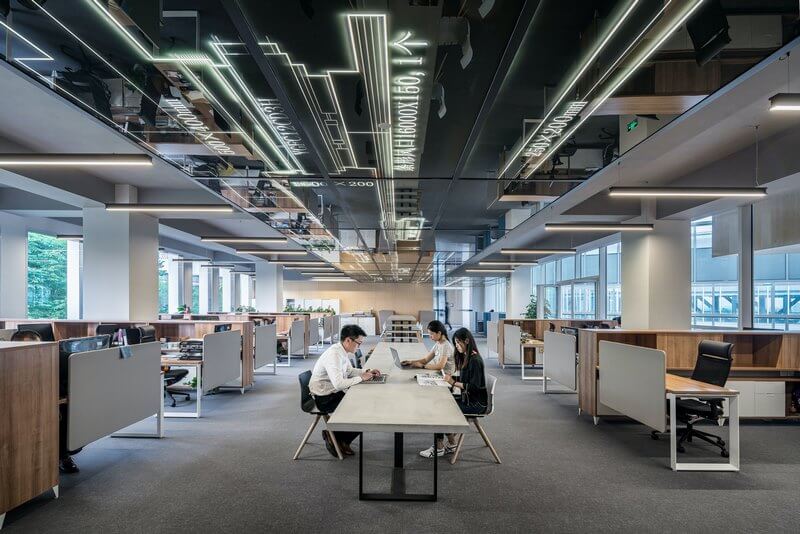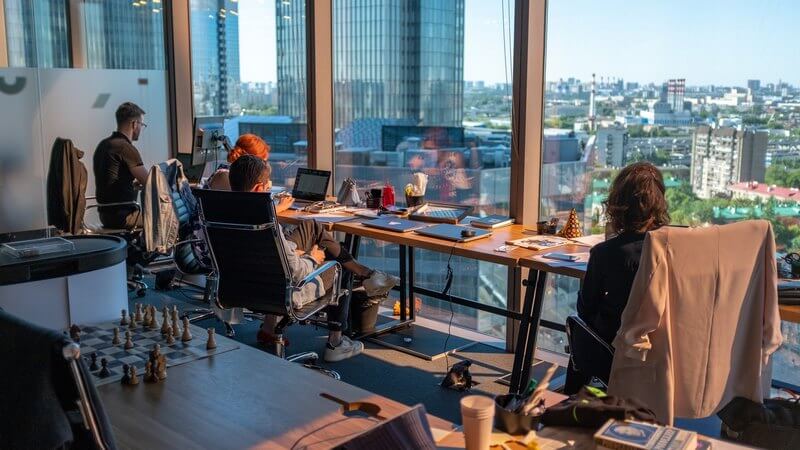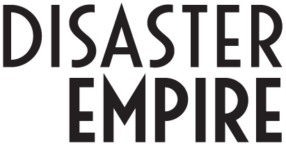
Malcolm Gladwell's viral podcast
As the pandemic continues to impact us globally, we must ask if working from home is a business risk. Recorded COVID deaths are at 6.4 million today. So, I paused when I saw Malcolm Gladwell: Working From Home Is Destroying Us! podcast go viral on LinkedIn over the past week. Gladwell said on Steven Bartlett’s The Diary of a CEO show, “It’s not in your best interest to work at home.”
Frankly, I was amazed to hear someone make this sweeping statement. After listening to Gladwell’s arguments, he says people cannot achieve a sense of belonging by working remotely. Additionally, he claims that “sitting home in your pajamas” is not a healthy existence. Further, he contends that humans are social animals, hardwired to thrive in collaborative environments found in office workspaces.

Resilience professionals pay attention
As resilience professionals, we need to pay attention. Management consults us for our risk mitigation expertise and ability to respond to incidents. Our role is to provide balanced guidance. Ultimately, our recommendations come from the information at hand and as subject matter experts. Much of Gladwell’s interview focuses on his background and solitary childhood as an outsider in Canada.
He attributes this to his later success. So, it is interesting that he makes such a strong argument for people being better off working in an office environment. For him, in-person interactions always trump digital or virtual communication. While I agree that face-to-face interactions are preferable, I do not believe it is a prerequisite, especially with remote work’s benefits for employees and employers. However, we must ask if the risks outweigh the advantages in the long term.

The future of remote and in-person work
After listening to the podcast and reactions on social media, I paused. So, is working from home a business risk for individuals and companies? From a resilience standpoint, knowing this is pivotal to supporting organizational plasticity. Gladwell’s argument focused on a person’s need for belonging. For him, contributing to society overrides happiness and is essential to a meaningful life.
Yes, cooperation is pivotal to human society. Daily interaction and collaborative teamwork is part of individual satisfaction. Elon Musk told employees to return to the office or ‘pretend to work elsewhere. He’s not the only executive that supports this sentiment. However, my research says that remote work increases profits, employees are more productive, and it supports employee wellbeing. An academic survey through March 2021 indicates that 7 out of 10 workers report increased productivity.
Additionally, it noted that productively rates increased by 7% higher than anticipated. On the face of it, I estimate that remote work does not threaten profitability or employee wellbeing. Of course, this excludes roles where in-person is essential. And, it appears there is emerging evidence that employees want this option to continue post-pandemic.

Why our insights matter to executives
However, one of Malcolm Gladwell’s books, Outliers, examines the backgrounds of successful, high-achievers. A key aspect of his book asserts that the self-made man is a myth and that no one achieves success without others. Although I agree with his assertion, he takes the phrase too literally. Any endeavor takes a group effort. The core of the work from home versus in-office is the effectiveness of a company to thrive.
So far, companies that relied on the typical office environment pre-COVID can survive. Our role is to weigh the available information and share our insight on whether remote working poses the likelihood of endangering business operations. It makes sense that we continue to monitor. If data emerges that the effectiveness declines, our job is to engender flexibility to pivot. Anecdotally, I see no concerns in my daily life to indicate otherwise. I’ve preferred remote work to in-office, even though I agree occasional in-office formats are beneficial. I can’t entirely agree that it is always required.

How to assess risk
Corporate culture is highly valued. However, the office culture is not always positive, as portrayed in movies like Office Space or shows like The Office. If these portrayals of corporate culture didn’t resonate with us, they wouldn’t be popular. Yes, many organizations strive to build positive workplaces. However, asserting that the in-person paradigm is the only way to achieve personal or organizational well-being seems counter to Gladwell’s experience.
As with anything else, don’t just take my word for it. Instead, I urge you to conduct a risk assessment on the matter. Do a simple risk analysis by considering the following:
- Identify hazards
- Assess the risks or potential frequency of risk
- Determine the level of risk (ex. high/medium/low)
- Control the risks
- Record (and share) your findings
- Review and monitor the effectiveness of the controls
- Assess the likelihood (or frequency) of the risk occurring
Consider the likelihood of the risk–employees working from home negatively impacting profitability or eroding company culture–occurring against the existing business operational model. Then, estimate the potential impact if the outlined threats arise. It makes sense to take qualitative and quantitative aspects into account. For example, would reductions in collaborative, face-to-face engagements inhibit innovation or the ability to get work done? Finally, determine how any identified risks are managed, deciding what actions are necessary. From a resilience standpoint, this should mitigate significant risk.

Find the right approach for your organization
There are intangibles, of course. We know that extroverts prefer socialization and crave in-person contact. Some industries require direct service interactions. Yet, assertions that companies, mainly white-collar, service-based, or tech companies, need an in-person mandate don’t ring true to me. Especially when the majority of customers expect digitally-based service today. We all want meaningful work and a sense of belonging. I agree with Malcolm Gladwell on that.
However, his assertion that social disconnection or failure in the workplace occurs because some are not on-site doesn’t ring true for me. As mentioned in my last blog, Resilient Workforce Planning, my take aligns with behavioral scientists who confirm that asserting control is a baseline for forced return to the office. Feeling necessary is essential, but company culture does not take the place of family, friends, or personal lives. Work is a community that supports a company’s mission. But, if resilience is not at risk, why not continue to be flexible? Reverse engineering company culture from the company vision is good, but employees need a say.
